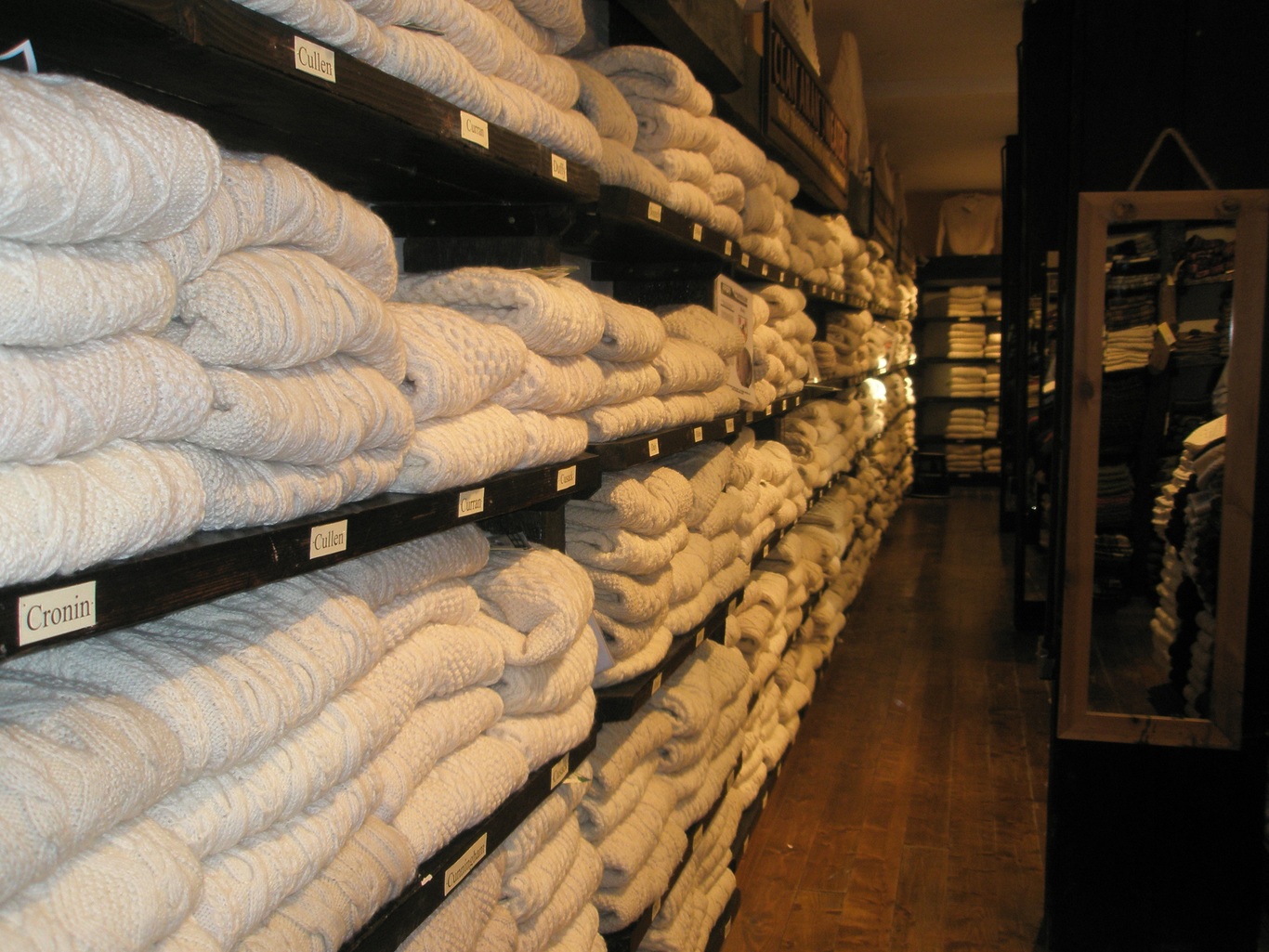Aran Sweater Market is selling jumpers to Japan as the country becomes attractive for Irish business
A recent EU-Japan trade deal has lifted and simplified tariffs to help increase trade.
ARAN SWEATER MARKET is looking to push further into the Japanese market after witnessing an increase in online sales from the world’s third largest economy.
The EU-Japan trade agreement that came into force in February – and puts an end to most tariffs while lowering others – has made the Asian country an enticing place for Ireland to do business with.
Enterprise Ireland clients exported €213 million worth of goods and services to Japan in 2017 – with Industrial, life sciences and consumer retail making up €53.7 million of these.
Japan is a “long-established trading partner for Ireland” and the new deal will “pave the way for further trade opportunities, making it easier to do business,” a spokesperson for Enterprise Ireland told Fora.
“The sectors expected to benefit from the deal includes pharma, medtech, agritech and agriculture,” the spokesperson added. Tariffs have also been abolished on clothing and textiles.
For Patrick Kelly, the head of ecommerce at Aran Sweater Market, Japan is a market “where there will be further growth opportunity” for the company synonymous with Irish heritage.
“The Japanese customer is after something of quality and something that has a meaning behind it,” Kelly told Fora.
Japanese consumers spend about $33 billion each year on luxury goods, though attitudes are changing with those aged under thirty placing larger importance on affordable items that last for longer, according to research published by Business of Fashion and management Consulting firm McKinsey & Co. in 2017.
Appeal of the aran sweater
According to Kelly, “when someone buys an aran sweater they won’t need to buy a new one within a few weeks or months because there is such longevity in the garment itself.”
He explained the company makes its next sale on the fact that a customer “returned to buy the same item for their family member or friend”.
The company that started out in 1998 on Inis Mór, the largest of the Aran Islands, now has three other stores in Dublin, Killarney and Galway City – with Colm Mac Carthy, the managing director, still at the helm.
As well as exploring new markets like Japan, Kelly said Britain, Europe and the United States remain important markets for the company – which had a turnover of €15 million in 2018.
Kelly was employed in 2011 to take care of the digital side, which has helped the company explore new markets without the cost of building a store.
“Using digital means we can enter the homes and phones of people who are based halfway across the world,” he said.






